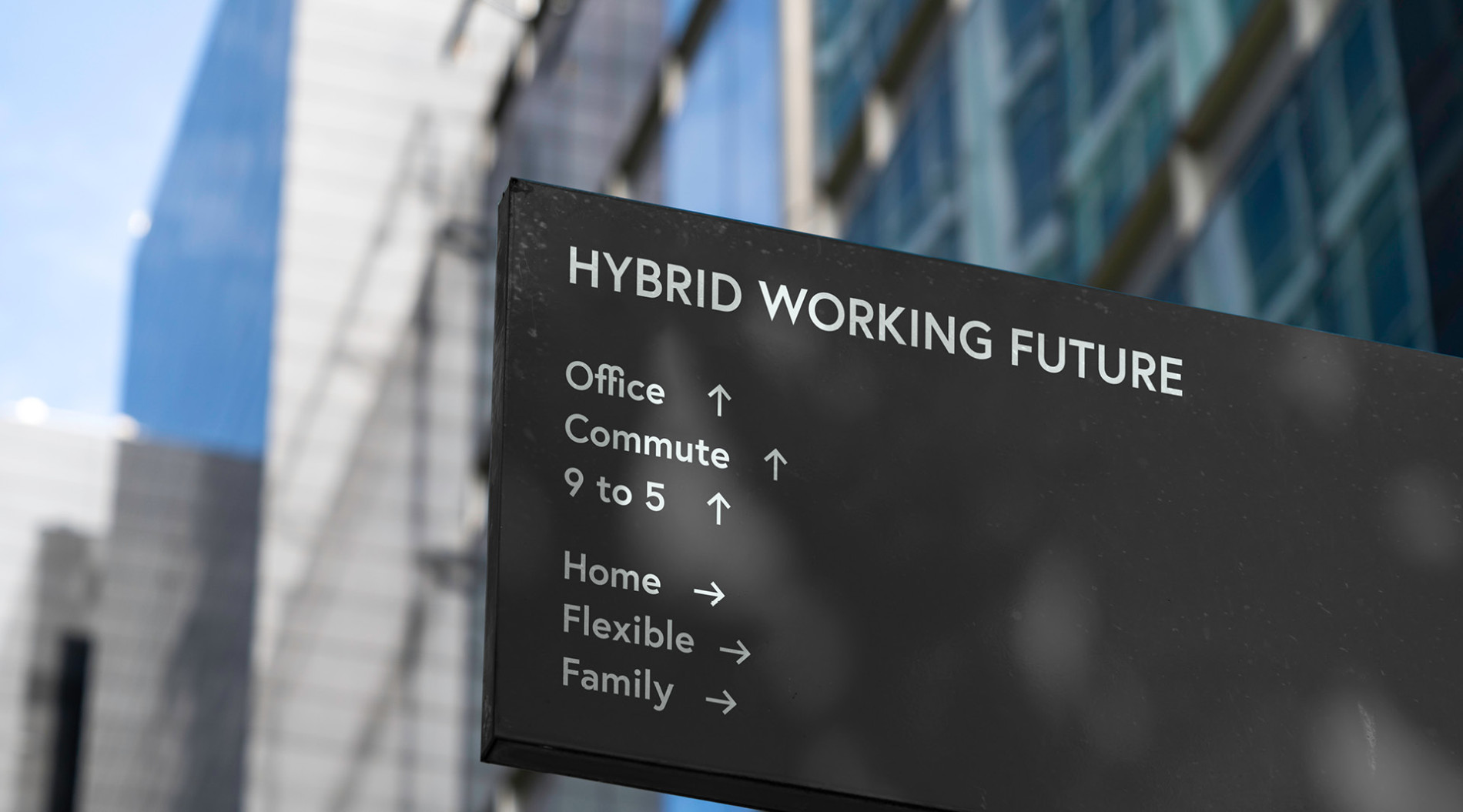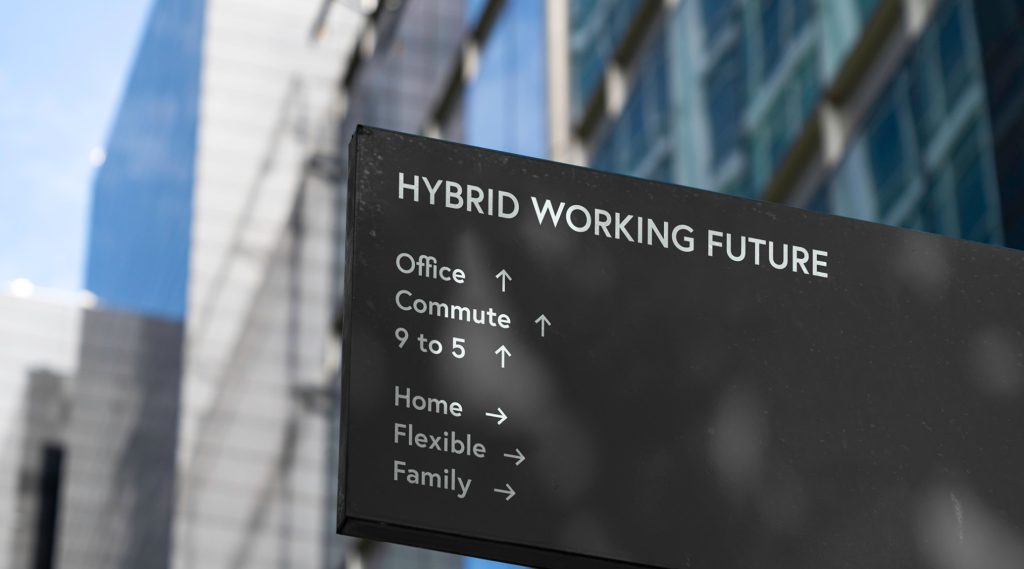How Sustainability is Reshaping Recruitment in the Hospitality Industry
Sustainability has evolved from merely a buzzword to a critical business priority in the hospitality industry. Guests are increasingly making choices based on environmental impact, while employees seek workplaces that align with their personal values around ecological responsibility. This shift means that sustainability is no longer just a nice-to-have. It now extends far beyond operational practices and has become a powerful driver of talent attraction and retention, as well as your bottom line.
For hospitality businesses struggling to fill positions in a competitive labour market, embracing sustainable recruitment in hospitality offers a significant competitive advantage. By embracing sustainability practices and communicating them effectively, you can appeal to a growing segment of the workforce that prioritises purpose alongside a paycheck.
1. The Growing Importance of Sustainability in Hospitality
The hospitality sector is experiencing a profound transformation as sustainability becomes central to business strategy. This evolution is driven by multiple factors:
Consumer Expectations: Today’s travellers are voting with their wallets, with 73% of global travellers intending to stay in eco-friendly accommodation at least once in the coming year, according to Booking.com’s 2023 Sustainable Travel Report. Guests now expect hotels to demonstrate commitment to environmental stewardship through practices such as reduced plastic usage, energy conservation, and responsible sourcing.
Regulatory Pressure: Australian hospitality businesses face increasing regulatory requirements around sustainability. From energy efficiency standards to waste management regulations, compliance isn’t optional—it’s mandatory. The National Australian Built Environment Rating System (NABERS) for hotels creates further transparency around environmental performance.
Financial Benefits: Sustainability initiatives frequently deliver cost savings through reduced energy consumption, water conservation, and waste minimisation. According to a study by the Cornell Hotel Sustainability Benchmarking Index, hotels that implemented energy-efficient practices saw a significant reduction in utility costs.
ESG in hospitality recruitment has become a cornerstone of modern business strategy. Companies with strong Environmental, Social, and Governance records outperform their peers in attracting investment and talent. For hospitality businesses, ESG performance increasingly influences hiring strategies, with sustainability credentials becoming a key differentiator when competing for top candidates.
2. Changing Candidate Expectations: Sustainability as a Talent Magnet
Workforce demographics in Australia are shifting dramatically with a growing segment of young Gen Z candidates. These changes are reflected in what these candidates prioritise in their job search:
Value-driven generations: Millennials and Gen Z, who will constitute over 72% of the global workforce by 2029, place unprecedented importance on employer values. By 2025, Gen Z alone will make up 27% of workers, bringing their strong environmental consciousness into workplace decisions. A study by Gallup found that 71% of workers consider a company’s environmental record when deciding on an employer.
Beyond compensation: While competitive pay remains important, candidates now conduct thorough assessments of potential employers’ sustainability commitments. They research corporate responsibility reports, examine green initiatives, and evaluate whether an organisation’s environmental values match their own. Hospitality businesses with transparent sustainability practices gain a significant edge in this evaluation process.
Emerging green roles: The hospitality industry’s sustainable workforce now includes specialised positions focused on environmental management. Hotels and resorts are creating dedicated roles such as:
- Sustainability Managers
- Green Operations Specialists
- Eco-Event Coordinators
- Sustainable Supply Chain Managers
- Carbon Footprint Analysts
These hospitality industry green jobs offer career advancement opportunities for environmentally conscious professionals while driving organisational sustainability goals.
3. How to Integrate Sustainability into Your Recruitment Process
Implementing eco-conscious hiring in hotels requires a comprehensive approach that extends beyond simply mentioning “green” practices in job advertisements:
Employer branding: Your recruitment materials should authentically reflect your sustainability commitment:
- Highlight certifications and environmental achievements in job descriptions
- Feature staff sustainability initiatives on career pages
- Share success stories of how employees have contributed to environmental goals
- Develop case studies demonstrating how sustainability practices enhance the guest experience
Upskilling for green competencies: Invest in developing your workforce’s sustainability capabilities:
- Provide training on energy efficiency and resource conservation
- Develop programs to help staff understand their environmental impact
- Create mentorship opportunities where sustainability champions guide colleagues
- Establish clear career pathways for employees interested in green specialisation
Eco-Friendly Hiring Practices: Your recruitment process itself should demonstrate environmental responsibility:
- Replace paper-based application systems with digital alternatives
- Conduct preliminary interviews via video to reduce transport emissions
- Develop online onboarding programs to minimise printed materials
- Calculate and offset the carbon footprint of your recruitment activities
This holistic approach to sustainable talent acquisition demonstrates authenticity and commitment, reinforcing your employer brand among environmentally conscious candidates.
4. The Role of Recruitment Partners in Sustainable Hiring
Partnering with recruitment specialists can accelerate your journey toward sustainable hiring practices:
Specialised knowledge: Recruitment partners like Adecco understand the sustainability landscape in hospitality and can help position your business effectively. They can identify candidates whose values align with your environmental objectives and ESG requirements, creating better matches that enhance retention.
Technology leverage: Advanced recruitment platforms can screen for sustainability qualifications and experience, identifying candidates with specialised green skills that might be missed in traditional hiring processes.
Enhanced sustainability messaging: Skilled recruiters can effectively communicate your environmental commitments throughout the candidate journey, ensuring your sustainability efforts translate into hiring advantages.
Industry insights: Recruitment partners with broad industry exposure can share best practices in sustainable recruitment, helping you benchmark your approach against industry leaders.
By collaborating with recruitment specialists focused on ESG in hospitality recruitment, you can develop hiring strategies that attract environmentally conscious talent while reinforcing your brand’s commitment to sustainability.
5. What Does The Future Of Hospitality Recruitment Look Like?
The intersection of sustainability and recruitment continues to evolve, with several emerging trends shaping the future:
Carbon-conscious recruitment: Forward-thinking hospitality businesses are measuring and offsetting the carbon footprint of their recruitment processes, from digital advertising to candidate travel for interviews.
Expanded green roles: The hospitality sector will also create new positions focused on:
- Sustainability Compliance Management
- Green Human Resources
- Ethical Supply Chain Oversight
- Community Environmental Engagement
Sustainable benefits packages: Innovative compensation approaches for forward-thinking hospitality businesses now include:
- Carbon offset programmes for employee travel
- Subsidies for sustainable commuting options
- Volunteering time for environmental initiatives
- Green pension investments
These trends represent significant opportunities for hospitality businesses to differentiate themselves through sustainable workforce in hospitality practices that resonate with environmentally conscious candidates.
Sustainability has fundamentally transformed recruitment in the hospitality industry. For hiring managers and HR professionals, integrating environmental responsibility into recruitment strategies isn’t merely an option—it’s essential for attracting and retaining top talent in a competitive marketplace.
By authentically embedding sustainability into your employer brand, adopting green hiring practices, and partnering with knowledgeable recruitment specialists, you can position your organisation as a destination employer for environmentally conscious talent. This approach not only supports your broader sustainability objectives but creates a workforce aligned with the evolving expectations of guests and stakeholders.
Ready to build a sustainable hospitality workforce that drives both environmental and business performance? Contact Adecco today to learn how our specialised recruitment solutions can help you attract and retain talent aligned with your sustainability goals.












